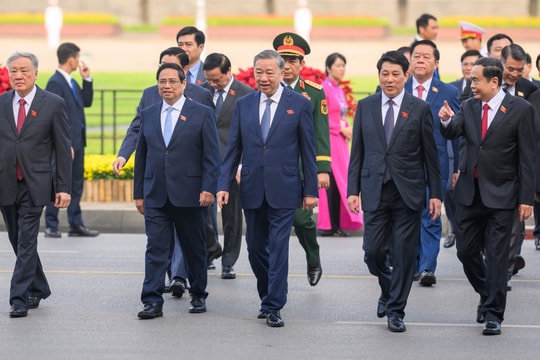The press will speak up to better implement human rights and civil rights.
The 2013 Constitution promotes human rights and civil rights. National Assembly deputies believe that the press has an active role in protecting and implementing those rights.
Protect journalists from threats
Discussing the draft Press Law (amended) in the afternoon group on November 14, delegate Do Manh Hung - Vice Chairman of the National Assembly's Committee on Social Affairs said that the law is being adjusted in many relatively satisfactory contents. The 2013 Constitution emphasizes and promotes human rights and citizen rights, so the press is also adjusting and supplementing to operate in compliance with the Constitution, protecting the Constitution so that the Constitution can truly come into life.
“Human rights and civil rights will be implemented much better if the press speaks up, informs and protects. I agree with amending the Press Law at this time,” Mr. Hung stated his opinion.
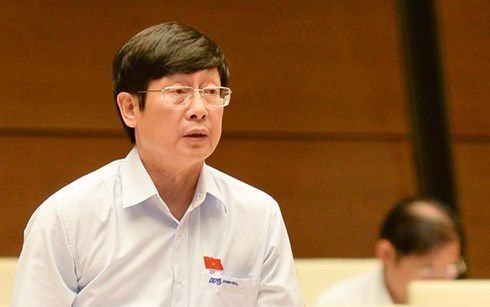 |
| National Assembly Delegate Do Manh Hung |
According to delegate Do Manh Hung, in reality, the press plays an active role in the fight against corruption, crime, negativity and other social evils. Journalists and press workers are at risk of being threatened in terms of their life, health and safety. Therefore, regulations on the protection of journalists need to be more clearly stated.
From that perspective, the delegate proposed to change a clause in the article regulating the rights and obligations of journalists to a prohibition that journalists are protected by law in their professional activities, and no one is allowed to threaten or prevent journalists from operating legally.
“In addition, it is necessary to more clearly define the responsibilities of the governing bodies and law enforcement agencies in protecting journalists. Journalists operate nationwide, even abroad, so what is the responsibility of these agencies in protecting journalists?”, delegate Hung asked.
Sharing the same view with delegate Do Manh Hung, delegate Hoang Tuan Anh - Minister of Culture, Sports and Tourism also emphasized that the law needs to clearly mention the issue of protecting journalists in their work. Especially in the current situation, if there is no protection mechanism, journalists will have difficulty in working.
Revealing sources of information can easily destroy a journalist's "credibility"
Article 37 of the draft law stipulates: Press agencies and journalists have the right and obligation not to disclose information providers if it is harmful to that person, except in cases where there is a request from the Chief Prosecutor of the People's Procuracy, Chief Justice of the People's Court at the provincial level or equivalent or higher, necessary for the investigation and trial of serious, very serious, and especially serious crimes.
Regarding the above regulation, Delegate Truong Thi Hue (Thai Nguyen) said: “During the consultation process, many journalists said what is “equivalent” to the Chief Justice or the Chief Justice? Is the Inspectorate equivalent? Some news agencies said they would be fined because according to the law, they protect the person providing information, but if the Inspectorate comes and does not provide information, they will be fined. This needs to be clarified.”
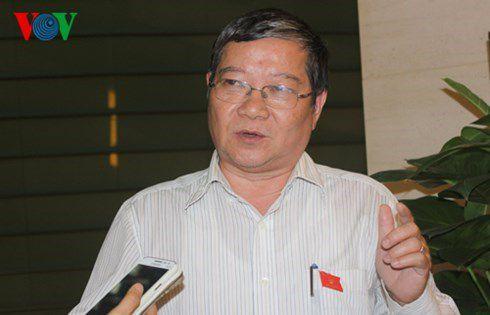 |
| National Assembly Delegate Le Nhu Tien |
Delegate Le Nhu Tien - Vice Chairman of the Committee for Culture, Education, Youth and Children also said that press agencies do not have to provide information sources to all subjects, otherwise they will lose the authority of the press.
“If we provide information like that, no one will provide it to the press anymore. That is credibility. In my opinion, we only provide information for “very serious crimes” and “especially serious crimes”. “Serious crimes” are now common, but according to this regulation, we are always providing information. Investigative journalism is aimed at providing information to the public, not at having an investigative agency to prevent crime. This restriction is enough,” Mr. Tien commented.
Regarding press licenses, according to Delegate Tien, having 7 types of licenses and 4 contents of notification and approval is too much. The trend of making publishing and advertising laws in the near future is mostly notification. Therefore, it should be shortened to avoid the feeling that the Constitution provides for openness while the law provides for strictness.
Delegate Hoang Tuan Anh - Minister of Culture, Sports and Tourism also said that the draft stipulates too many contents of licensing, of which up to 7 contents of licensing and 4 contents that must be notified and accepted by state agencies, which is essentially licensing. This does not ensure initiative and freedom of the press, and increases administrative procedures./.
According to VOV.VN
| RELATED NEWS |
|---|

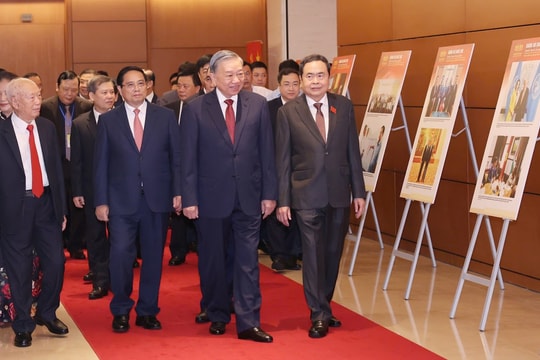
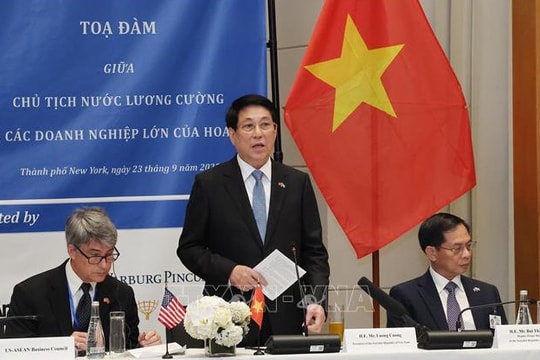
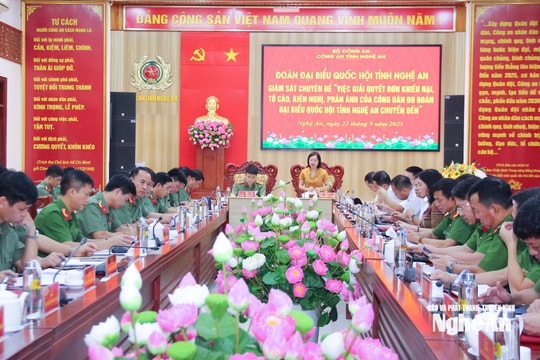
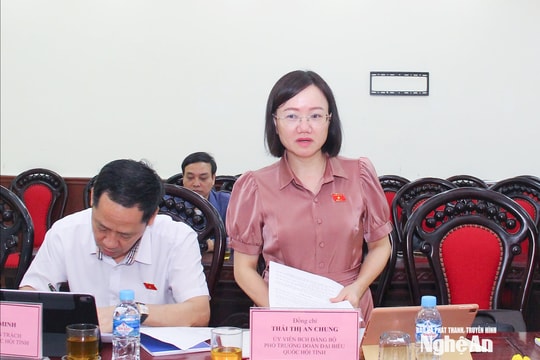
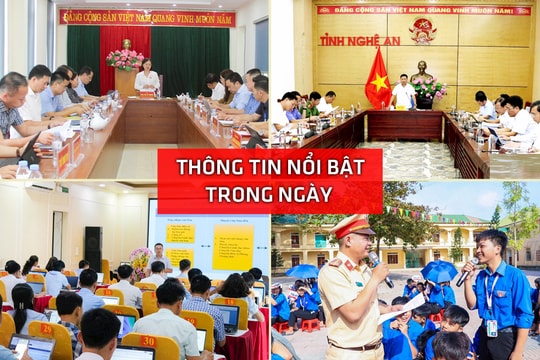
.jpg)
